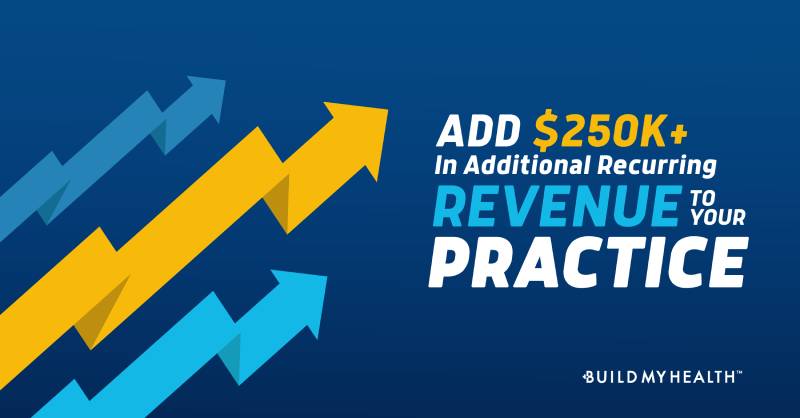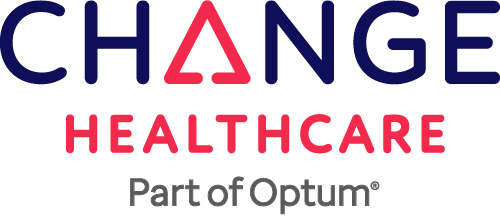Navigating the world of medicine in America can be a challenge for many people, and even understanding who is providing your care can be confusing. During an average visit to your doctor, you’ll likely interact with a receptionist at the front desk, a medical assistant or nurse who brings you to the exam room to screen you, and ultimately the provider who determines your diagnosis and treatment – a nurse practitioner, physicians assistant, or doctor.

Many of these people have letters after their names, designating their title and/or position. For example, the receptionist at the front desk may also be a medical assistant, or MA. An MA has completed training in a variety of skills, including obtaining vital signs, removing drains, giving injections, and drawing blood. MAs do not hold their own licenses but instead work under the license and direction of their colleagues – typically the nurse or provider. Although not legally required, MAs can choose to complete the requirements for national certification in order to use the title Certified Medical Assistant, or CMA.
Your nurse could be a licensed nurse or registered nurse. Depending on your location, you may see LVN for licensed vocational nurse or LPN for licensed practical nurse. If your nurse is a registered nurse, they can use the title RN if they hold an associate’s degree; BSN if they hold a bachelor’s degree (Bachelor’s of Science in Nursing); or MSN if they hold a master’s degree (Master’s of Science in Nursing). The registered nurse (RN) has a wider scope of practice than the licensed vocational nurse (LVN), allowing them to provide additional patient care, such as giving certain high-risk medications and performing minor procedures such as inserting special IV lines. Both licensed and registered nurses hold their own licensure but must work under the direction of a provider.
Your provider can be a variety of titles, depending on specialty. Nurse practitioners, often designated as NPs, APRNs (advanced practice registered nurse), or ARNPs (advanced registered nurse practitioner), are RNs who have gone on to complete a master’s degree or doctorate (DNP, or doctor of nursing practice) in one of several specialties. The titles and acronyms for NPs vary but can include designations such as adult geriatric acute care nurse practitioner (AGACNP), pediatric nurse practitioner (PNP), family nurse practitioner (FNP), or psychiatric mental health nurse practitioner (PMHNP). All advanced practice nurses can diagnose and prescribe medication and in some states have independent practice, allowing them to see their own patients without physician oversight. All NPs are board certified, as their licensing exam grants certification upon successful completion, so you may see the “-BC” for “board certified” tacked on to their specialty title, such as AGACNP-BC.
If your provider is a physician’s assistant, or PA, they have undergone rigorous training in a wide variety of medical specialties and hold at least a master’s degree. These professionals can see all ages of patients and can perform a number of invasive procedures. They can diagnose and prescribe medication; currently no states allow for the independent practice for PAs, so physician oversight or collaboration is required. All PAs are required to pass a certifying exam both prior to practicing and again at regular intervals throughout their career. Because of this, you may also see PA-C used as a title.
If your provider is a doctor, they can hold one of two designations: a doctor of medicine (MD) or a doctor of osteopathic medicine (DO). Both sets of professionals undergo similar education and training; the biggest difference comes down to philosophy of care. DOs practice an osteopathic approach, often focusing on preventive care; they also receive additional training in the musculoskeletal system, including manipulation techniques similar to that of chiropractors. MDs practice an allopathic approach, focusing on research-based medicine or surgery to manage and treat conditions. About 75% of medical students pursue an MD degree, making them far more common than DOs. Both MDs and DOs can specialize in any area of medicine. Your doctor may also have additional letters after the MD or DO in their title as well, representing their dual degree status and/or board certification. There are several dual degree programs available. For example, MD-MBA denotes the completion of both medical school and a masters of business administration program; an MD-MPH is a doctor who also holds a master’s degree in public health.
Board certification is another important consideration for both MDs and DOs. There are more than 25 different certifying boards in the United States, covering a wide variety of specialties, overseen by the American Board of Medical Specialities (ABMS). While not legally required, board certification is an additional step that some doctors will take to demonstrate expertise in their field. Two of the many examples of board certification that is part of the ABMS include the American Board of Plastic Surgery (ABPS) and the American Board of Emergency Medicine (ABEM). Interestingly, the American Board of Cosmetic Surgery is not a member board of the ABMS.
Take a look around the office next time you see your provider; you’ll see a range of titles using a veritable alphabet of letters earned through education, training, and testing. Give your friendly front desk CMA a call so you can see the BSN before the PA-C who will consult with their MD-MPH, FACS to give you the best medical care available. Make a little more sense now?!
By Jennifer Cooper, MS, APRN, AGACNP-BC




